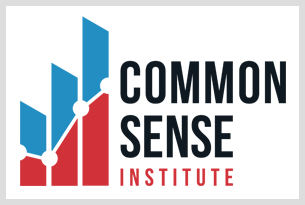The Greeley Tribune reports on the study released in January by the Business Research Division of the Leeds School of Business at the University of Colorado Boulder about the economic impact of production curtailments in the oil and gas industry in Colorado.
Brian Lewandowski is an expert in the “what if?” business.
He and his colleagues in the Business Research Division of the Leeds School of Business at the University of Colorado Boulder, conduct economic impact studies and customized research to find the answers to all kinds of “what if?” questions.
A number of CU-Leeds reports address questions directly related to the economic impact of production curtailments in the oil and gas industry. Recently addressed questions have included: “What would be the economic impact of a statewide fracking ban?”; “What would be the economic impact if Colorado passed regulations requiring 2,000-foot setbacks for oil and gas facilities?” and “What will the economic impact be if crude oil prices remain low?”
In January, the Business Research Division released a study specifically focusing on the topic of setbacks. The study was commissioned by a consortium that included the Metro Denver Economic Development Corporation, Denver South Economic Development Partnership, and the Common Sense Policy Round Table.
The study is the latest iteration of research that began in late 2013 to identify the potential economic impacts of Colorado’s evolving relationship with the oil and gas industry.
FRACKING BANS AND MORATORIUMS
“IN LATE 2013, we saw several communities pass moratoriums on fracking,” said Lewandowski. “The thought at the time was that we might see a statewide effort to ban fracking and the policy group thought we should model the implications of a statewide fracking ban on Colorado’s economy.”
That report, titled “Hydraulic Fracturing Ban: The Economic Impact of a Statewide Fracking Ban in Colorado,” was released in March 2014. At that time, the researchers estimated that a statewide fracking ban would result in a loss of 68,000 jobs and an $8 billion reduction in the state’s gross domestic product within the first five years.
But by the time CU-Leeds released the report, the context of the conversation had already begun to change. “In 2014, the initiatives that had begun to take shape were not about a fracking ban. Instead, they really took two paths, with one path being about local control, and the other path being about setbacks,” said Lewandowski. The researchers refocused their efforts to address the potential impacts of local control initiatives and new setback rules…

